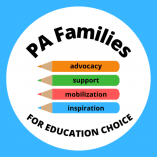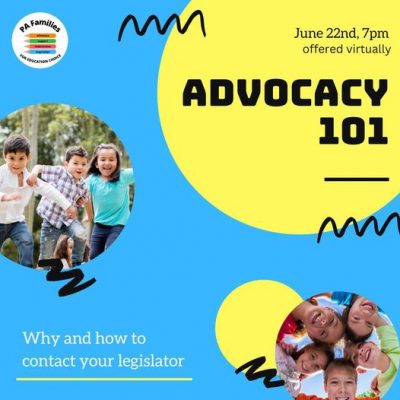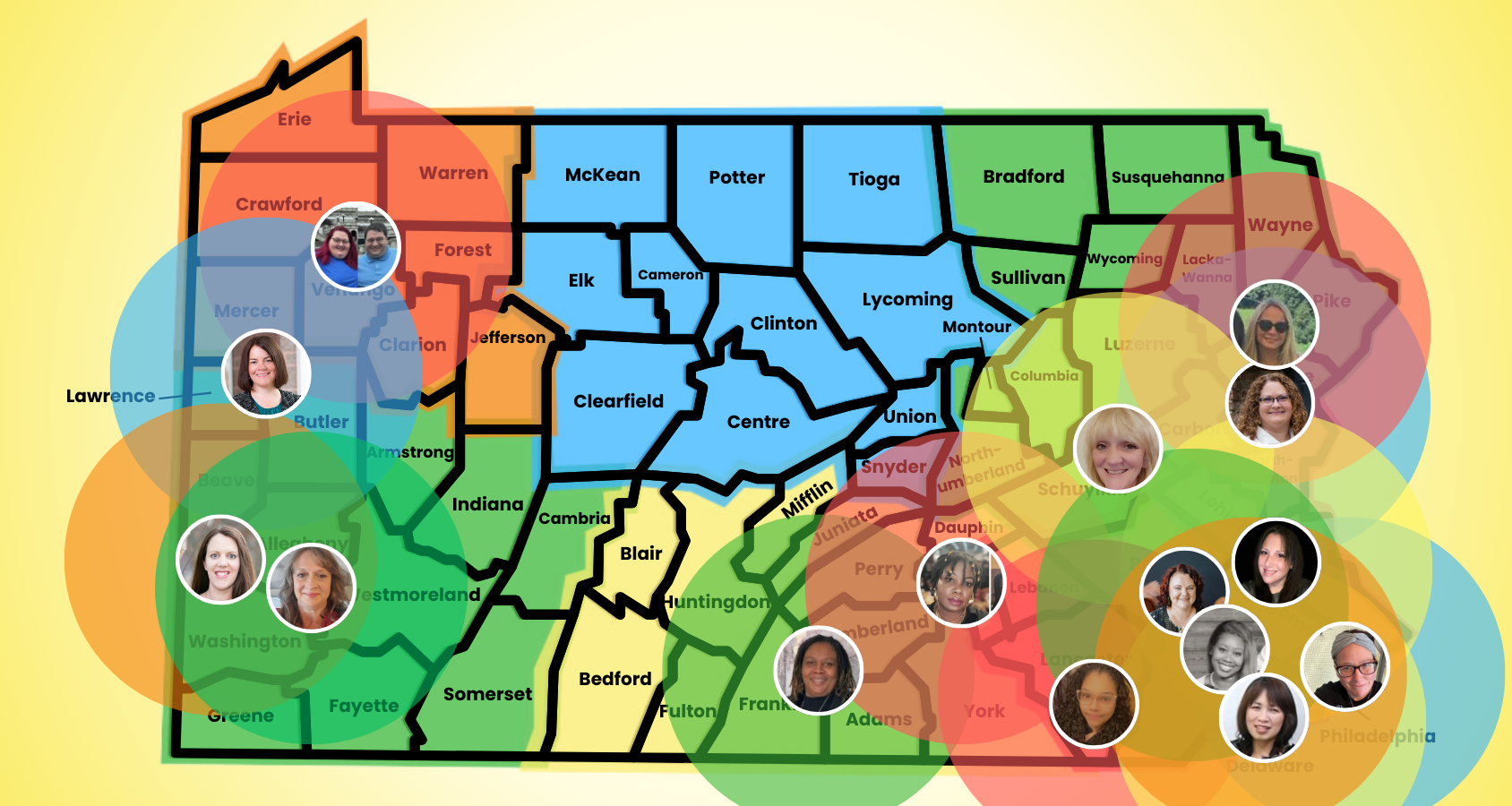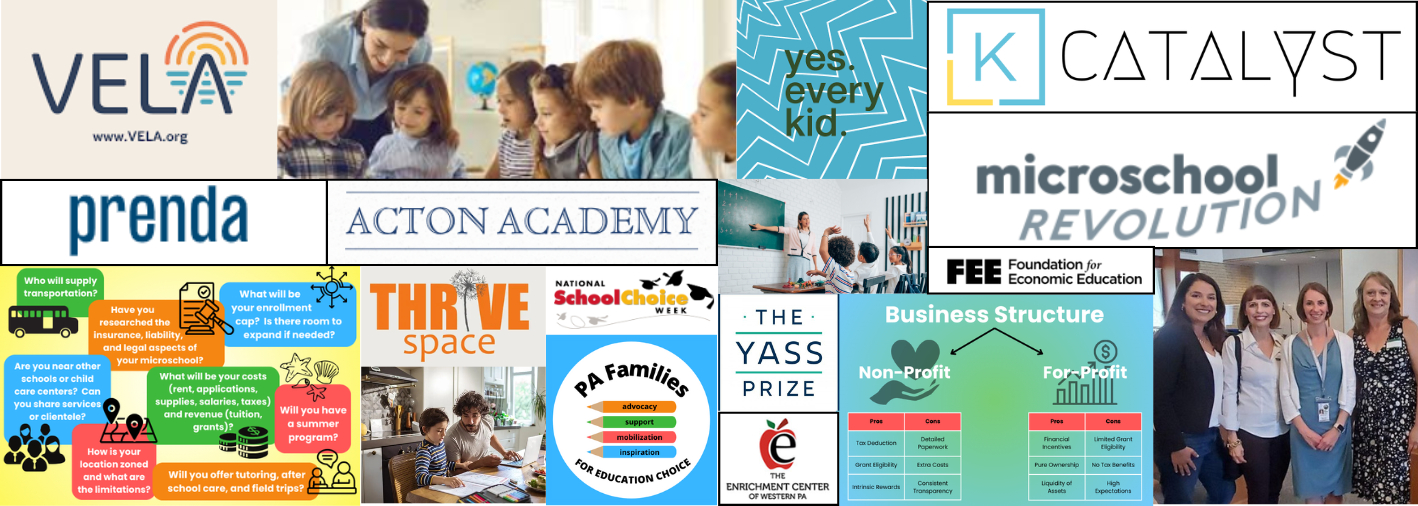Mom of Three Fights for PASS Program
August 3, 2023 | By: Sharon Sedlar


Najimah Roberson is a single mom to three children living in Harrisburg. Even though she has been diagnosed with Multiple Sclerosis, it does not stop her from working to establish a 24-hour day care service in her area, forging new pathways as an education and community activist, and ensuring that her children are on the right track – academically, spiritually, and socially.
Two out of her three children have Individualized Education Plans. She describes her children’s school experiences, prior to her knowledge of and ability to use EITC (Education Improvement Tax Credit) and OSTC (Opportunity Scholarship Tax Credit) funding as “being attacked.” She feels that the teacher and education structure within district schools over the years created an environment where all became overwhelmed, overworked, and frustrated. And she does not blame them, with 28-30 students in each classroom and “staff coming in on high guard of fight or flight. Our children feed off this energy and in return they rebel, putting everyone in an unsafe environment. With school choice options, we allow the children who can’t handle intense environments, like my children, to feel safe while learning.”
Najimah talks about the need for parents to intervene in these difficult circumstances with phone calls and school visits during the workday. But sometimes this can create a situation where their jobs are placed in jeopardy, or they are even fired.
Najimah feels that, particularly for her as a disabled parent, choice allowed her some relief from fear and stress for her and her children, particularly dangerous for her condition. “I no longer have to worry about getting a letter in the mail saying I owe a fine because I didn’t get my children to school every day” – largely occurring due to Harrisburg transportation limitations.
The Roberson family attempted district cyber programming but felt that the options presented “were horrible. They didn’t have the curriculum on one platform. Children are working from seven different sites.” Working from this many sites with piecemeal curriculums is complicated in and of itself, but even more so when using a single laptop. She states that “no support from the district that mattered” was provided, and her children’s grades suffered.
The Roberson’s most recent (and most successful) option has been with a cyber charter school, where her children can “jump online for school, actually learn, and not miss a day. My children are back on grade level and safe, attending a local learning center with a maximum capacity of 30 children helped by 8 Learning Coaches.” The education pod allows Najimah’s children to interact with peers, providing for a supervised social environment as well as an academic one.
Najimah feels that the PASS program, which offers scholarships to students residing in low-performing schools “is the way to begin to fix” issues within our education system, including violence-inducing overcrowding, poor test scores and literacy, and inadequate transportation. She feels that this will result in improved mental, academic, social, behavioral, and physical health for teachers, staff, children, and parents. She also feels that the PASS program speaks to the decision handed down as a result of the school funding lawsuit. She would like to see mandatory (free) tutoring programs added to the complement of overall services. She stresses that funding used for education needs to be safeguarded against being put “back into a broken system. If you care about the future of our children, you support the Pennsylvania Award for Student Success program.”







